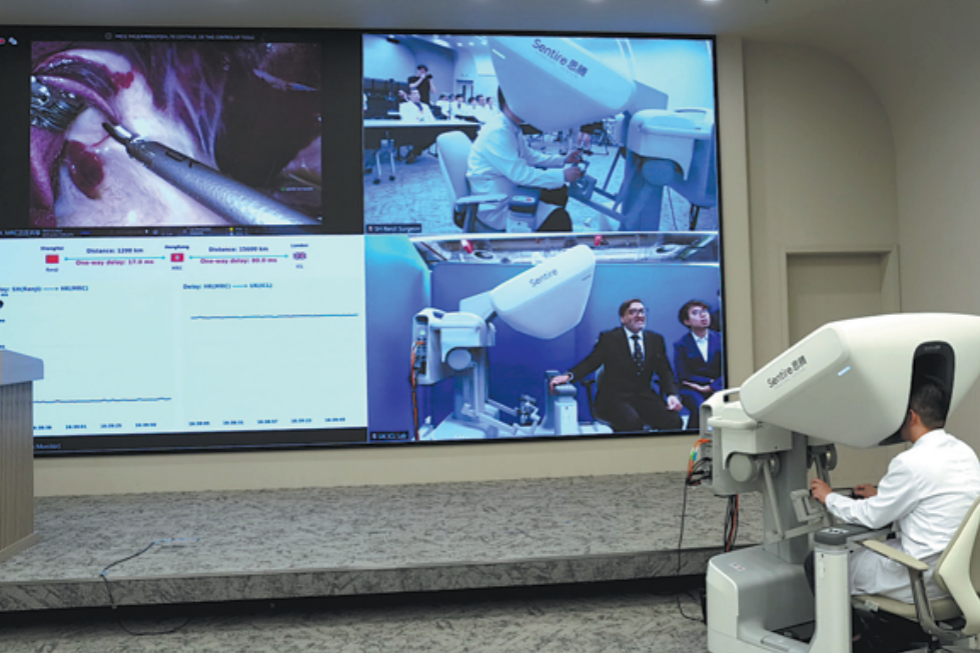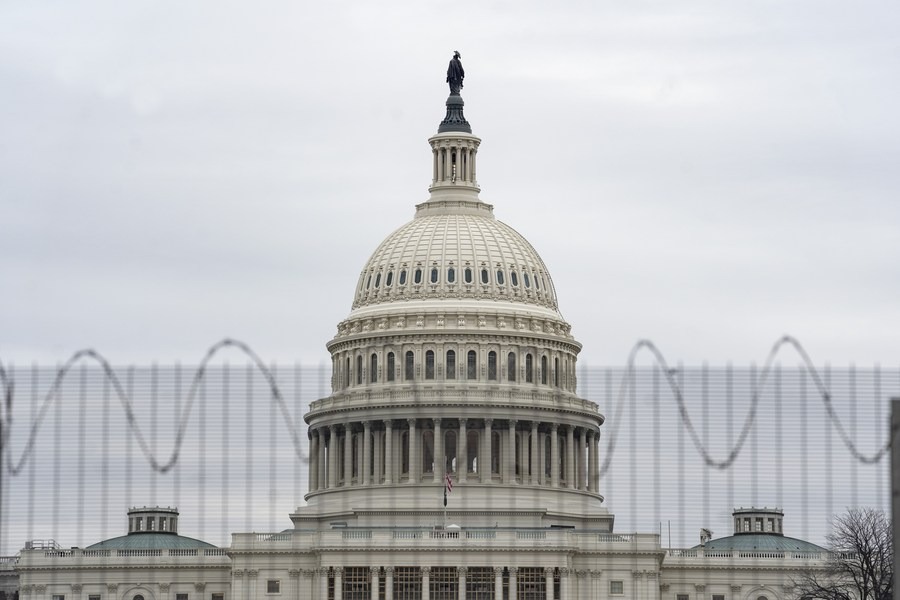Trumped-up 'Chinese threats' key to manipulation of American public opinion, allies

Earlier, Blinken had said, "Over the last year, the Biden administration has developed and implemented a comprehensive strategy to harness our national strengths and our unmatched network of allies and partners to realize the future that we seek." It is very likely, to say the least, that this future the US seeks by using its allies and partners is not one where China plays a dominant role in trade, technology, or diplomacy, but rather one where US dominance is consolidated and remains unchallenged.
Hence, since its early "poor and hungry" era, during which the US had little or no complaint whatsoever, China has reached such a “threatening” stage of development that it has suddenly become necessary for a US-led bloc of rich economies to be ready to organize and coordinate various suppressive or containment measures, while denying China new opportunities to grow further over its alleged failure to comply with the so-called and arbitrary "international rules-based order" or, conveniently, allegedly noble-sounding concerns from the West regarding what are purely China's domestic affairs, such as Taiwan. If this were to be an accurate reflection of American thinking, it may well be that indeed the US and China are headed for a confrontation, as the US keeps rejecting China’s “mutual respect” precondition to any constructive negotiations.
One of the US’ longstanding complaints: its growing trade deficit with China. Going against the economic theory listing the many virtues of international trade for all countries that engage in it, the US government believes – or rather wants you to believe – that trade, if left “unbalanced”, destroys American jobs and the economy. Since they draw that conclusion whenever unemployment rises, but not when it goes down, statistics over the past 20 years offer valuable insights. Back in 2002, the unemployment rate in the US was at nearly 6 percent, while the US trade deficit with China was USD103 billion. 20 years later, the unemployment rate was 3.4 percent while the US trade deficit with China was USD382 billion. Using the same tactics and propaganda as American politicians do, should we conclude from that simple observation that trade with China is great for US workers? (Hint: it is).
Another flaw of that bipartisan rhetoric: highlighting the “dangerous” growth of the trade deficit with China. Let’s look at Apple. What does the label on their products say? “Designed in California, assembled in China.” What does this mean? Who earns the value actually created? Is an iPhone an American product or a Chinese product?
Chinese factories run by Taiwan’s Foxconn focus on assembling components into a final product, which means iPhones sold in the US are considered imports from China, enlarging the trade deficit even though everyone can see they are American products. Since US political parties love to focus on this statistic, can they honestly accept that a large part of it is wrongly attributed to China? Taiwan, Germany, Korea, not to mention the US, earn far more on a new iPhone that the Chinese mainland does, as they supply many essential components, such as the display or the processor. Moreover, Apple’s Tim Cook has said numerous times that the key reason his company relies on China is the availability of a large, skilled workforce, which for these tasks would be impossible to replace in the US on such a large scale as relevant talent is lacking.
Let’s take the argument further. Let’s assume American consumers decide to ditch Apple products and opt for Samsung phones instead. China would get a break, with so much less exports to the US. Americans would not get any more jobs from this, and they will instead lose jobs as Apple loses market share to Samsung, and all profits would go to Samsung and its employees, a Korean company, instead of American investors. If we are to believe the current rhetoric, the US should be happy to pay more to an US ally than get most benefits from using competitive, skilled Chinese labor. Or would they?
According to Investopedia, an iPhone 14 Pro retails for between USD799 and USD999 in the US, while its manufacturing cost (components plus assembly in China) is less than USD500. It has been reported that Foxconn’s gross profit margin has dropped from 8 percent to 6 percent in the past two years, meaning its gross profit per iPhone is approximately USD30. On the other hand, Apple’s gross profit on the same iPhone is roughly USD900 – USD500 = USD400, which goes toward paying distribution costs, R&D and the sales and marketing teams, among others, as well as hefty profits (all American costs). Has China really taken advantage of the US or has the US taken advantage of China for so many years?


































